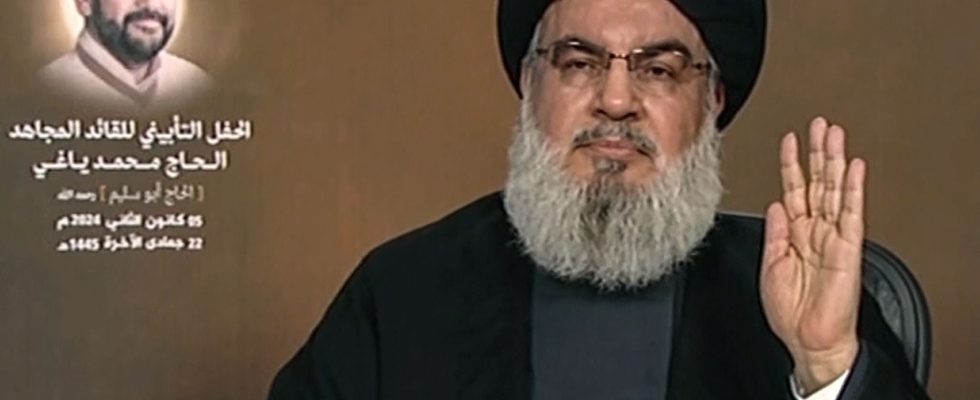Where does the conflagration begin? Recent days have been marked by worrying episodes in the tensions weighing on the Middle East. At the end of December, an important Iranian general, Razi Mousavi, was killed in Syria by a strike attributed to Israel. At the beginning of January, Hamas number 2, Saleh Al-Arouri, was assassinated in the middle of Beirut, probably by the Israelis. The next day, Iran was hit by the worst attack in its recent history, claimed by the Islamic State, during the commemorations of the death of General Soleimani. On the Israeli-Lebanese border, the situation is explosive: Hezbollah rains dozens of rockets on northern Israel, while a military leader of the Shiite organization was killed on January 8 during an Israeli strike in South Lebanon. But that’s not all.
In the Red Sea, Houthi rebels, close to Tehran, continue to disrupt world trade by attacking ships in the name of defending the Palestinians. For Bernard Haykel, a researcher at Princeton University, a conflict in Yemen with the Houthi rebels, who have de facto ruled the majority of the country since 2015, is almost inevitable. Unless it renounces the return of maritime security, the United States, at the head of an international alliance, could have no other choice but to strike the group directly in Yemen.
If the Israelis consider that the military operation was successful in Gaza – at a high price – they are today applying the post-Munich strategy throughout the region. Already at the time, after the assassination of 11 Israeli athletes by Palestinian terrorists during the 1972 Olympic Games, this bitter feeling that the world did not give it enough importance, as with the massacres of October 7 today today. In retaliation followed a violent policy against the Palestinians and targeted attacks against thinking leaders all over the world.
The Hebrew State has sworn the end of Hamas: the terrorist group is a hydra, not to mention that its deadly ideology has already permeated the population. The organization has gained popularity among Palestinians and throughout the Arab world. Israel seems to want to extend the conflict, and to play its best while it is still possible to convince the United States to become more involved. After the October 7 attack, L’Express headlined “Israel in Hamas’ terrorist trap.” Three months later, and thousands of lives lost, the trap seems to be closing across the entire Middle East.
